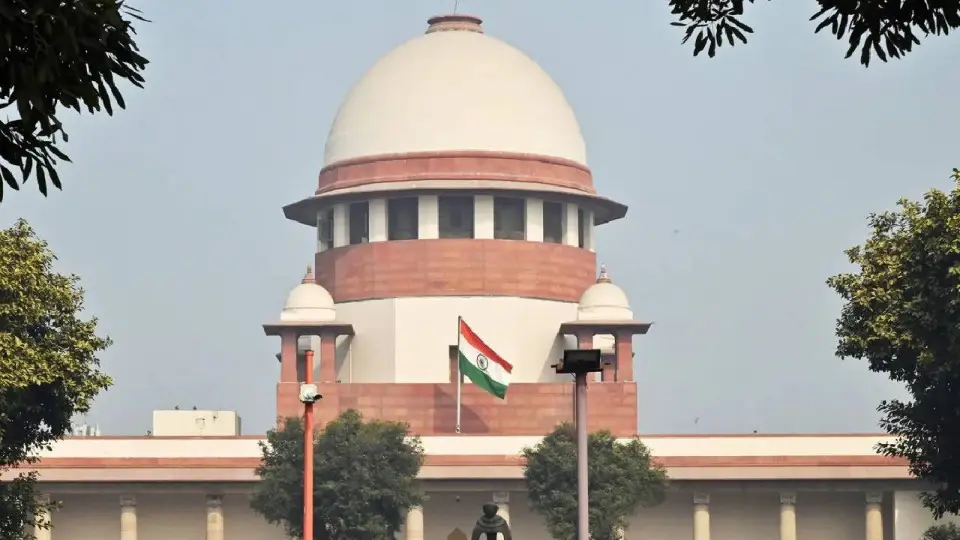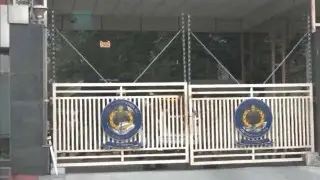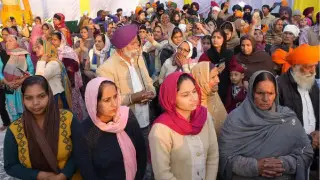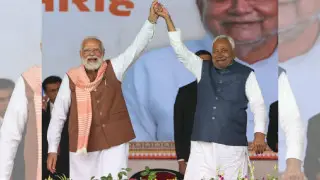
(Credit: OpenAI)
New Delhi: Delhi Police argued in court that anti-CAA demonstrations were merely a façade, with the real intent linked to political disruption. Officials claimed the accused exploited education and funding channels to promote radical ideology, misusing intellectual status to evade scrutiny. They stressed that portraying them as victims was misleading, as intellectual extremists pose a higher threat than ground-level operators.
Police asserted that the core objective of the 2020 Delhi violence was to trigger regime change. They suggested that unrest was strategically timed to weaken national stability and economic welfare. Referring to earlier intelligence, they claimed plans extended beyond peaceful dissent, signalling engineered escalation against state authority.
Additional Solicitor General SV Raju presented before the court that some individuals used state-backed educational opportunities only to fuel anti-national movements. He noted cases where engineering and medical graduates shifted from professional careers toward politically driven agitation, magnifying threat levels due to their strategic thinking.
The prosecution cited Imam's speech before Trump’s India visit, allegedly endorsing ‘chakka jam’ and calling Delhi mere “trailer”. He purportedly spoke of disrupting the corridor connecting northeast India, potentially hinting at territorial destabilization. Police maintained that such speeches incited community divisions.
Justice Kumar asked whether direct violence was promoted. Raju responded that speeches encouraged use of sticks and potential support from other nations, calling it a calculated provocation. Although he did not show the full video due to length, he insisted the rhetoric went beyond civil protest.
During arguments, the police compared the threats posed by educated radicals to past incidents like the Red Fort blast and sophisticated terror modules. They highlighted the pattern of using intellect and influence to mobilize unrest covertly, labelling it ‘white collar terrorism’.
The court continues to hear bail requests from Umar Khalid, Sharjeel Imam and others. The police oppose release, arguing their ideological motives remain intact. Observers say the ruling may set a precedent for handling extremist narratives from formally educated individuals.













Copyright © 2025 Top Indian News
